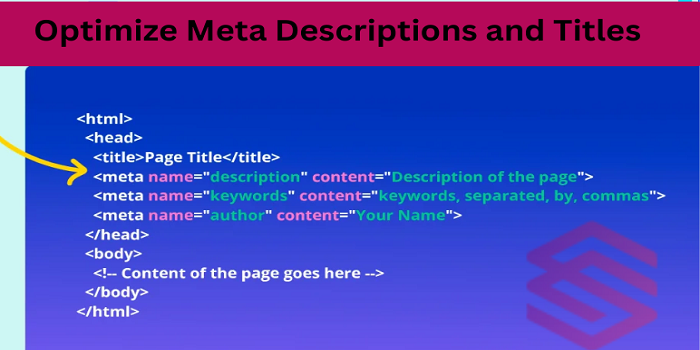Keywords are phrasing that people use when searching for any query and explore the website that comes on top. However, it does not mean any website randomly appears on top. Google brings it up because of words that people type frequently in search engines. In other words, the site with effective keywords ranks in compare to the others. Expert marketers develop a proper use of keywords in SEO strategy and incorporate them into content. If you are looking for an effective keywords strategy, this blog will help you create one for your business.
Table of contents
What is a keyword Strategy?
Keyword strategy refers to a plan that explains search engine queries for which you want to rank on top. Keyword research helps you to obtain important data you need and a keyword strategy gives that data a direction.
For instance, your research tells you that the best SEO agency is searched 50 times in comparison with an SEO Services provider. Therefore, your keyword research strategy will ask you to pick the latter one because of less competition.

Top Tips to create a Keyword Strategy
Knowing how to develop a keyword strategy boosts your learning and search engine rankings as well. Here are the magical tips for you to learn and implement
Evaluate Your Current Rankings
Reviewing your current rankings is a great first start towards your keywords research strategy. It allows you to create future progress benchmarks. Sign up in your google search console to check all the top performing pages and the ones with lower rankings.
Firstly, check all the pages with more impressions and clicks. You must also check the number of times a user clicked on your page and searched it. Export this data into excel sheet and plan your next step accordingly.
Consider your Goals
When building your keyword strategy, take into account your wider marketing goals. An organized marketing strategy tends to be effective and brings expected results. It is because everything is moving in the same direction.
For instance, you are launching an ice cream, you may consider sending email newsletters, posting content on social media. However, target the related keywords as well when producing content for your website landing pages or blogs.
Analyze Competitors
Check out the keywords your competitors are using. This can provide valuable insights and help you identify gaps in your own strategy. Tools like Ahrefs and SEMrush can assist in competitor analysis.

| Point | Explanation |
| Identify Competitors | First, identify your main competitors in your industry. Look for businesses targeting the same audience with similar products or services. |
| Use Keyword Tools | Utilize tools like Ahrefs and SEMrush to explore the keywords your competitors are ranking for. These tools offer insights into their keyword strategy. |
| Analyze Keyword Gaps | Compare your keyword list with your competitors to identify gaps. Focus on keywords they rank for but you don’t, to find new opportunities. |
| Monitor Performance | Regularly check the performance of your competitors’ keywords. This helps you understand trends and adjust your strategy accordingly. |
| Refine Your Strategy | Use the insights from competitor analysis to refine your SEO strategy. Prioritize keywords that can improve your rankings and fill identified gaps. |
Optimize Your Content
Incorporate your keywords naturally into your content. Avoid keyword stuffing, which can lead to penalties from search engines. Use keywords in your titles, headings, meta descriptions, and throughout the body of your content. Including keywords in your URLs can improve your SEO. Make sure your URLs are clean, descriptive, and contain relevant keywords. This helps both search engines and users understand what your page is about.
Optimize Meta Descriptions and Titles
Your meta descriptions and titles are crucial for SEO. Use your primary keyword in the title and ensure it’s compelling and relevant. Meta descriptions should also include keywords and provide a brief summary of the page content.

Leverage Internal Linking
Internal linking helps search engines understand the structure of your website. Use relevant keywords as anchor text for internal links to guide users and search engines to related content on your site.
Conclusion
Using keywords effectively in your SEO strategy is essential for improving your website’s search engine rankings. By evaluating your current rankings, considering your goals, analyzing competitors, and optimizing your content, you can create a comprehensive keyword strategy that drives traffic and enhances your online presence. Remember, the key is to use keywords naturally and strategically throughout your content to avoid penalties and maximize effectiveness.
Read More How to Use Keywords Effectively in Your SEO Strategy
FAQs
A keyword strategy is a plan that targets specific search engine queries to rank higher in search results. It involves keyword research and the strategic use of keywords in your content.
Evaluating current rankings helps you understand where your website stands and sets benchmarks for future progress. This information guides your keyword strategy and optimization efforts.
Competitor analysis provides insights into the keywords your competitors are using. It helps identify gaps in your strategy and find new opportunities to improve your rankings.
Keyword stuffing is the overuse of keywords in content to manipulate search rankings. It should be avoided because it can lead to penalties from search engines and negatively impact user experience.


